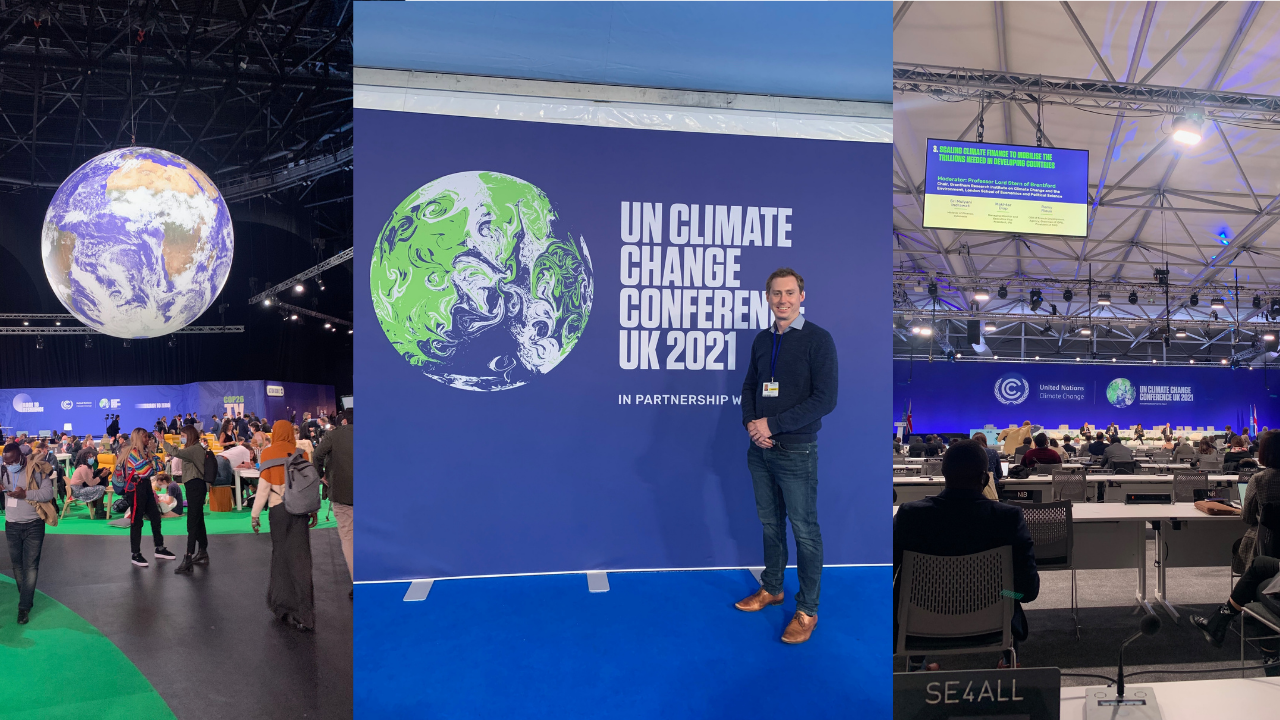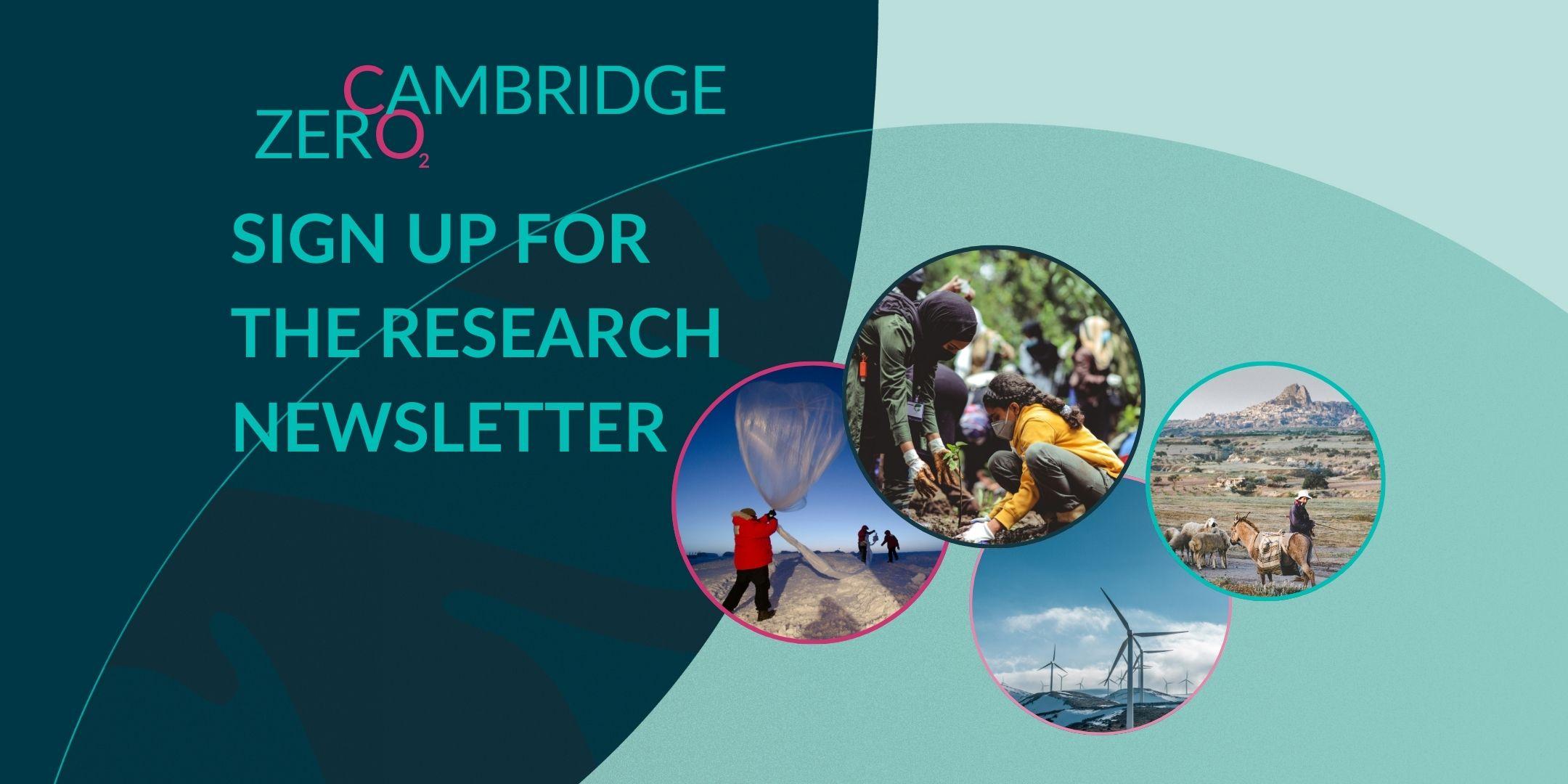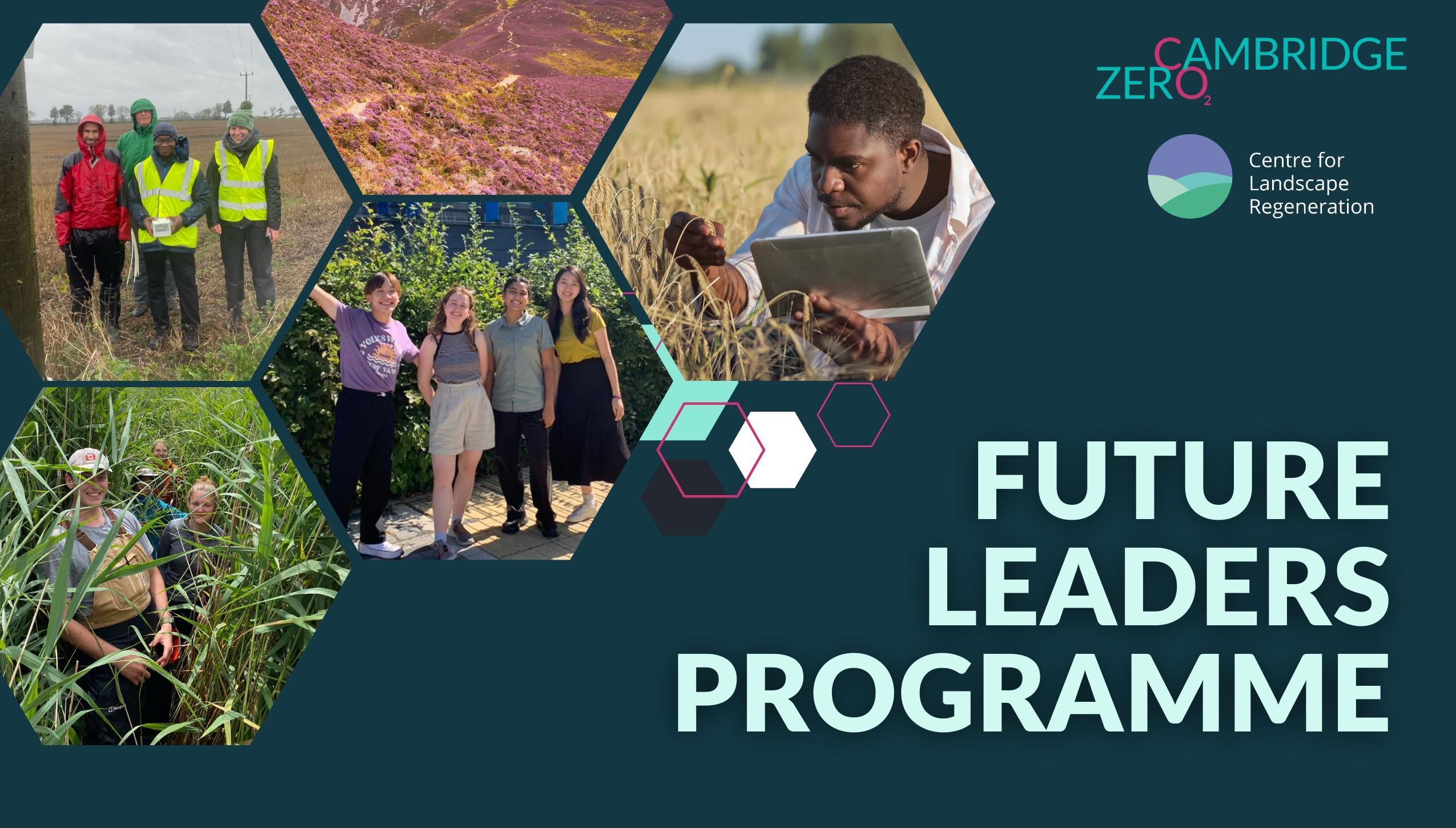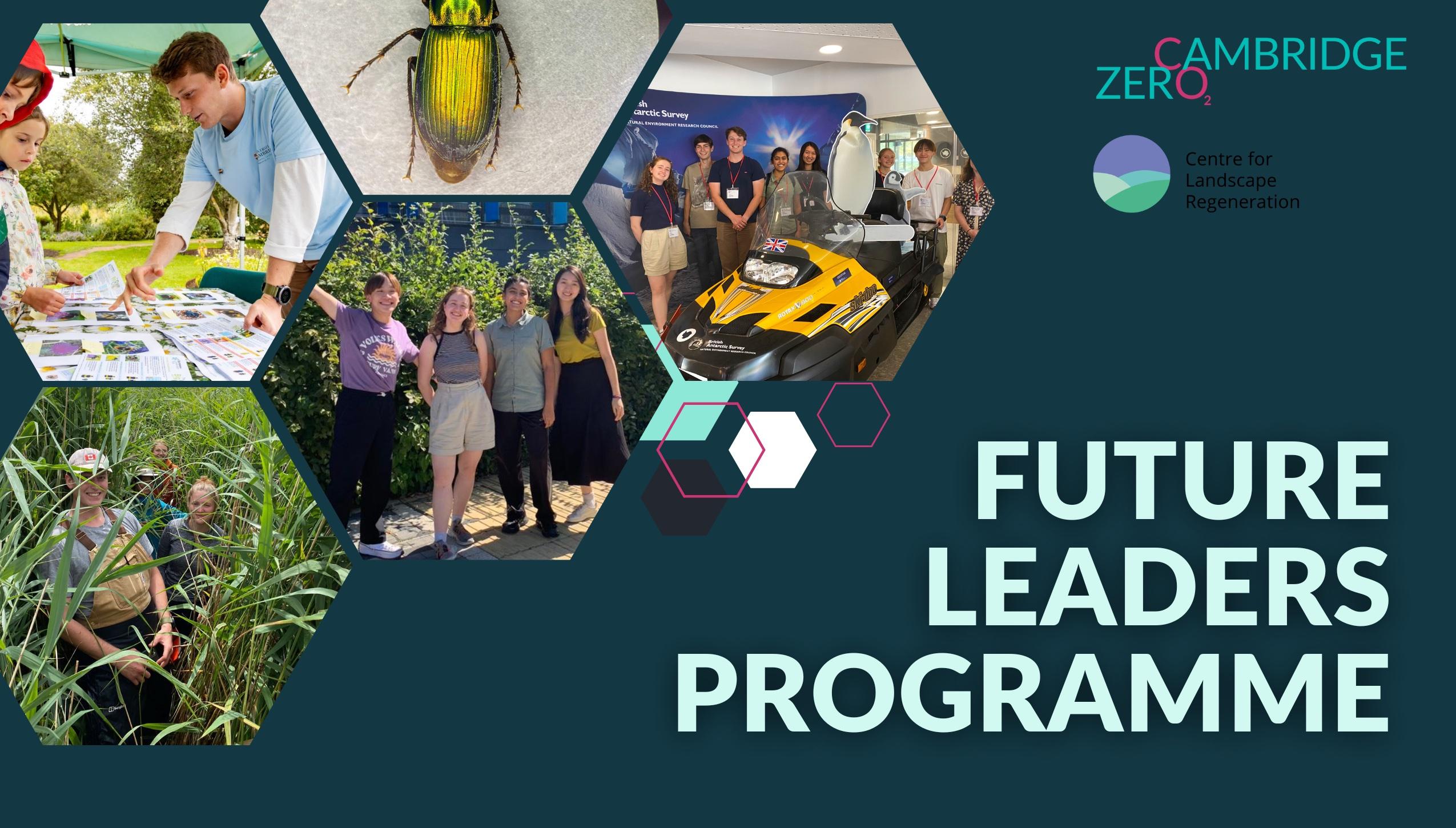4th November Highlights - Energy Day!
Cambridge Researcher Natalie Jones is reporting for The Earth Negotiations Bulletin. In their round up of Energy Day’s main proceedings, the bulletin highlighted:
- Several negotiations continue at speed as their Saturday deadline moves closers. Three key negotiating issues for this day included:
- Finance.
- On the good side, some emphasised the overall increase in climate finance flows.
- On a negative note, others focussed upon how only a very small proportion of climate finance flows through UN Climate funds, meaning it doesn’t necessary reach those most vulnerable.
- Discussion also ensued on guidance for how such Climate Funds should allocate money.
- Transparency
- Negotiations lasted for seven hours as negotiators discussed how countries report on their Paris Agreement actions. This large scope of actions includes emission reductions, their nationally determined contributions (NDCs) and climate finance.
- Progress was reported alongside some outstanding issues such as how to report on loss and damage.
- Article 6 - the buying and selling of carbon credits.
- Discussions on Article 6 considered how to safeguard the rights of indigenous peoples, ensuring the carbon market will lead to overall emission reductions and market governance.
- Finance.
- Around the venue, energy day was in full swing, and the relevant events highlighted in bulletin included:
- The Powering Past Coal Alliance held every focussing upon ending investment and planning for coal production.
- The Intergovernmental Panel on Climate Change (IPCC) held an event demonstrating the effects of fossil fuel production and use, and other drivers of Climate Change. Members presented their key findings in the Working Group 1 chapter of the IPCC’s Sixth Assessment Report. Read the physical science basis report here.
- A just and inclusive energy transition requires people at the centre, as such the Presidency met with members of the Local Communities and Indigenous Peoples Platform.
For more detail, read their full daily report for November 4th.
The Statement on International Public Support for the Clean Energy Transition, signed by numerous governments around the world, was also amplified by Natalie on twitter. The Statements intends to end all new international support for unabated coal, oil and gas - however, the detail of it referring to only ‘new’ fossil fuel projects should be noted as this doesn’t cover those which have already begun.
In Natalie’s thread rounding up Day 5, she noted: ‘Spirits are buoyed by news that new pledges, IF FULFILLED, would lead us to a 1.8C warmer world - a far cry from the 2.7C we were in for before COP began’. She also draws attention to the ongoing protests, inside and outside the venue alongside problems with observer participation.
Follow Natalie Jones on twitter for live updates and our socials for coverage from across the Cambridge Community:
- Instagram: @Cambridgezero
- Twitter: @CambridgeZero
Reports from Cambridge on the Ground
From our Cambridge community, Dr Sam Stranks is on the ground in Glasgow and has fed back his energy expertise to offer comment on the day’s events! Read below:
There is an interesting feeling here — a buzz around the blue zone area and some promising pledges and announcements, but at the same time a frustration at the lack of big action and a few key parties missing in action.
Today was ‘energy day’ and the buzz words of the day was the need for a ‘just and complete’ energy transition away from fossil fuels, with an emphasis on the just — the poorer countries can’t pay this alone out of pocket. There is a huge challenge: we need to move from 1.4 TW of renewables to over 17 TW in just a couple of decades. This needs innovation of the renewable technologies and the power systems and grids.
A key theme of today was the need to phase out coal as quickly as possible — in many ways the low hanging fruit. The big announcement today was that 40 countries have committed to shifting away from coal (including the UK by 2024), though unfortunately this did not include some important players including players US, China and Australia.
It is also clear from many ministerial plenary speakers that public funds alone will not do the job for this transition. This afternoon I was able to attend the launch of the First Movers Coalition — a joint initiative by the WEF and US Special Presidential Envoy for Climate John Kerry — where 30 international business are investing in innovative green technologies to push them towards massive scale up 2030. This is a good step in the right direction and there needs to be plenty more of this from both public and private sectors.
I leave COP at the end of this week inspired by some promising steps, but cognizant that there is a lot more work to do, and firmer commitments — and delivery — still needed across the world.
Lastly, Cambridge’s Dr Sam Short and Dr Ryan Nehring were both involved in the Futures We Want project, co-ordinated by Cambridge Zero, BEIS and Deloitte and to be shown at COP26 on the 9th November, 9.30-11am. In the run up to energy day at COP26, they highlighted aspects of their work which provide insight into the regional sensitivity any discussions about energy at COP26 must be sensitive to.
In discussing the energy future for The Arabian Peninsuala, Dr Short states Abundant renewable sources of energy, and energy systems expertise available in the region, combined with significant sovereign wealth available for investment, present unique opportunities to benefit from the net zero transition and position the region as a leader in the energy transition.
By contrast, when discussing Brazils’ energy sector, Dr Nehring highlighted the country ‘primarily relies on hydroelectric power, which is promising in terms of low carbon emissions, but it is also vulnerable to changing rainfall patterns caused by climate change.'
If you would like to be involved with our COP26 coverage or have any questions, please email Ella Palmer, ep541@cam.ac.uk.



